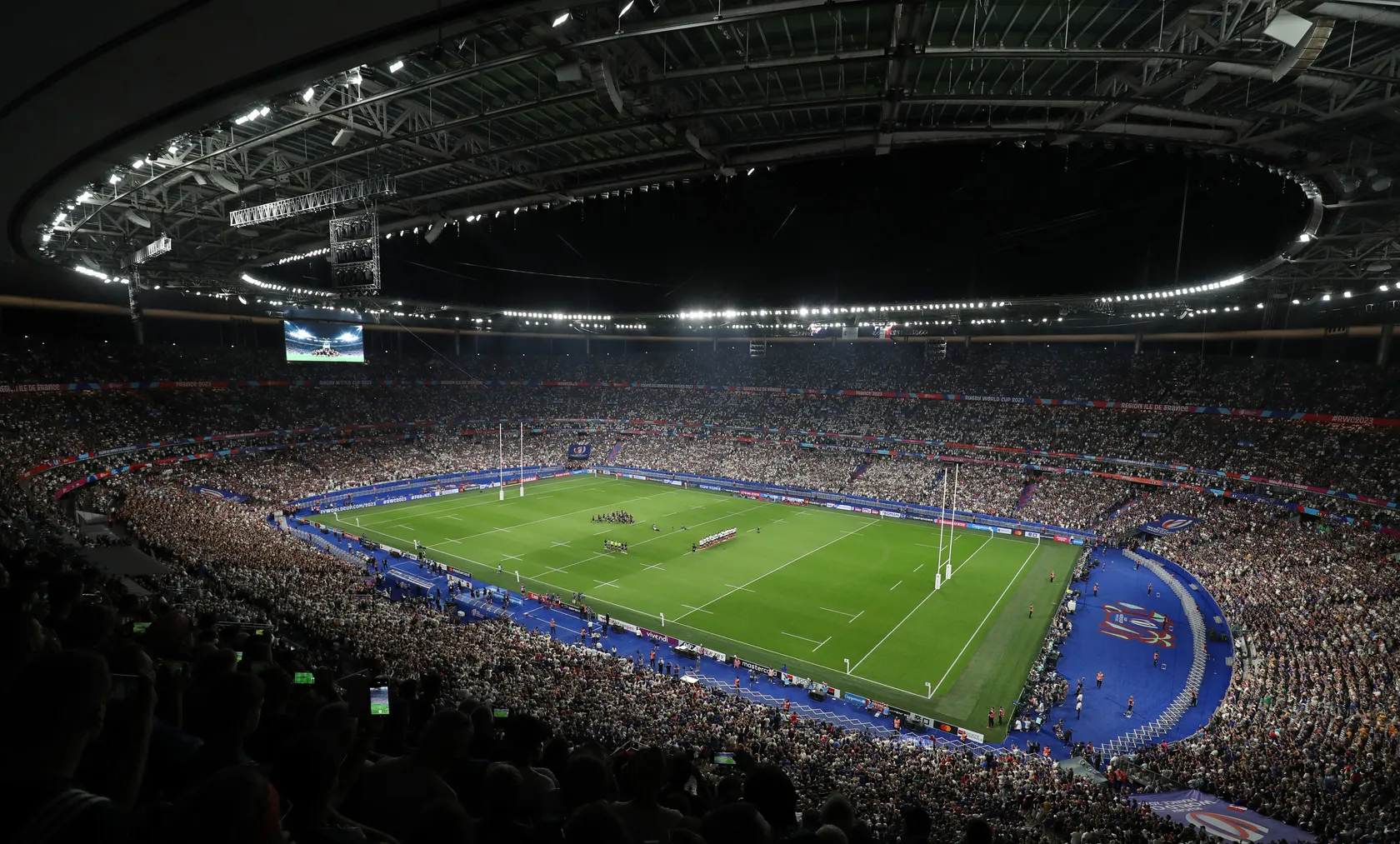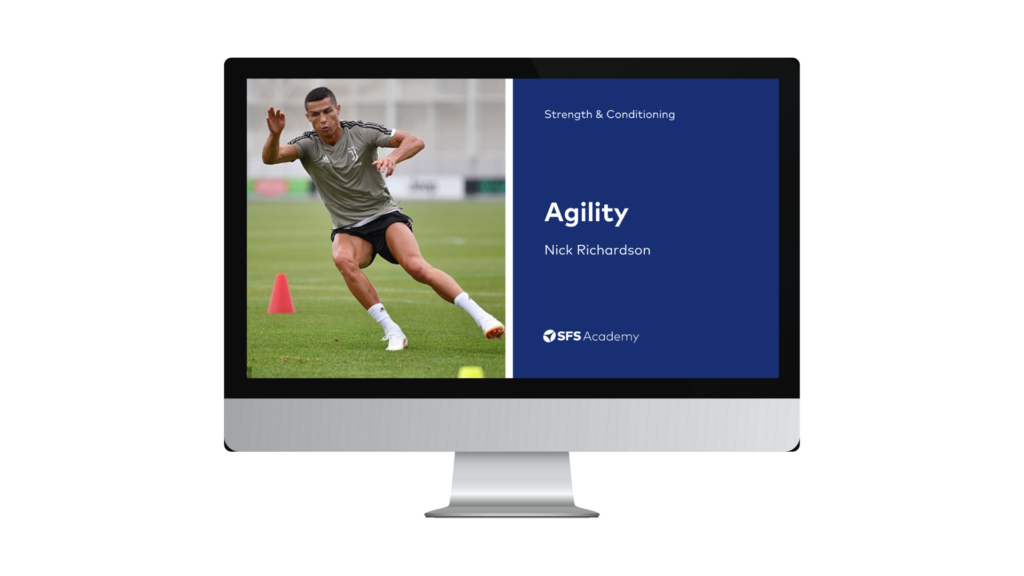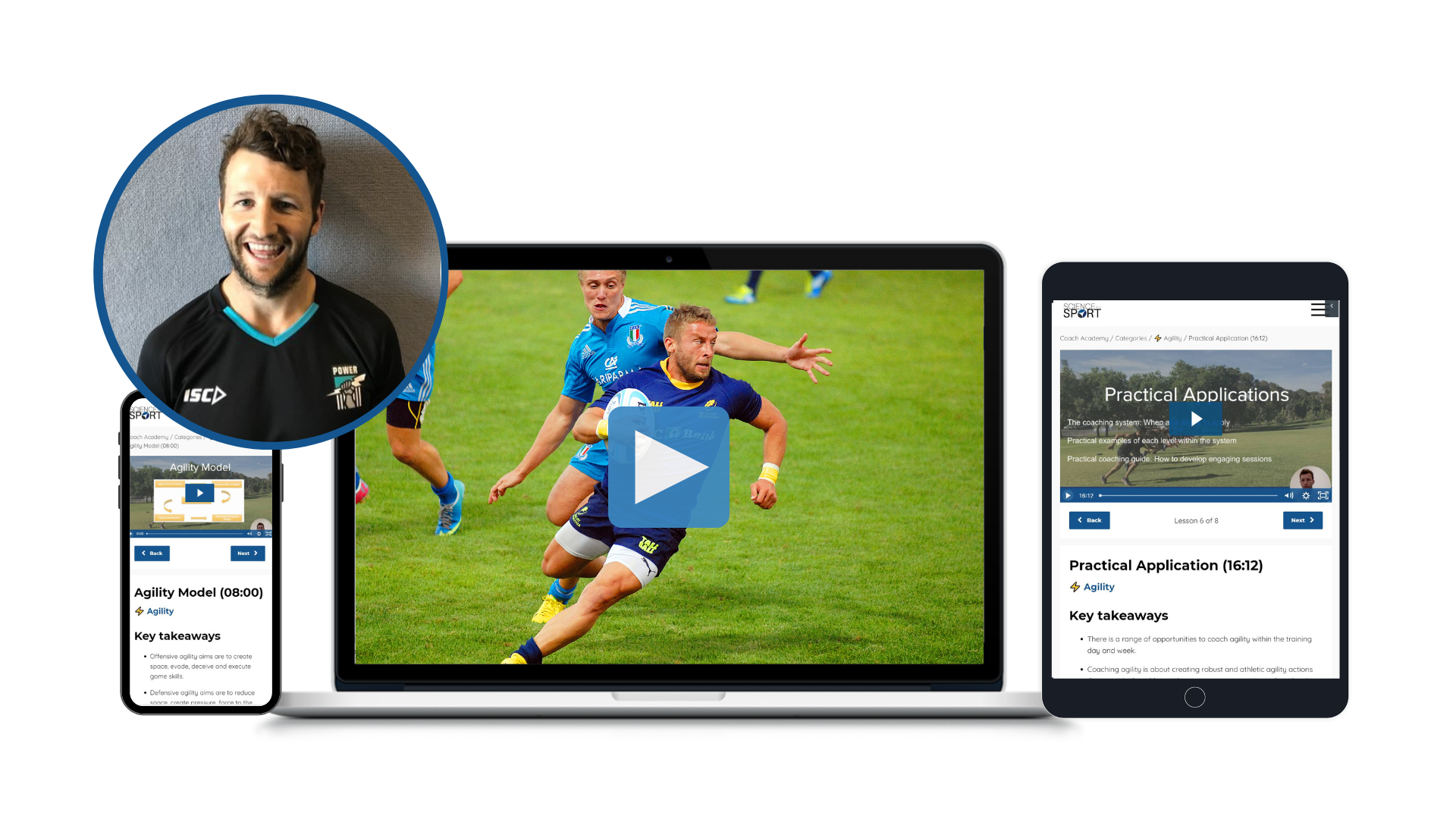This week in the world of sports science, here’s what happened…
- Springboks trained with noise simulation to prepare for a hostile crowd
- Does warm-up recovery time and/or maturity status impact vertical jump performance?
- Cognitive demands of tennis
Springboks trained with noise simulation to prepare for a hostile crowd

South Africa epically defeated France the home nation, in the quarter-final of the rugby World Cup on Sunday. The atmosphere was incredible with the vast majority of the 80,000 fans vociferously cheering on France. In preparation for the game, the Springboks trained with background noise to prepare for the hostile atmosphere. This is not the first time the Springbok’s creative training and coaching methods have caught our attention here at SFS Weekly! We previously featured their traffic light communication method.
Firstly let’s look at how “home” crowd noise is effective. A fascinating Serie A Italian football league study examined statistics before and during Covid-19 when stadiums were empty. Points collected by home teams significantly dropped during COVID-19. Also, penalties awarded against home teams increased during the COVID-19 period. These findings suggest home crowd cheering or booing has an influential impact on player and referee performance.
However, the Springboks were clearly unintimidated by the French crowd noise in their victory. So perhaps their noise simulation in training was instrumental in preparation for the loudness of an 80,000-packed-out stadium. In fact, an interesting study found that student-athletes exposed to noise in training had increased reaction time and working memory during performance tests.
While the result and the mentioned studies suggest there is a method to the Springbok’s noisy training, much more scientific evidence is needed to determine the effects of noise simulation in training. Nonetheless, the Springboks are reaping success for their creative training methods thus far in the World Cup.
Does warm-up recovery time and/or maturity status impact vertical jump performance?
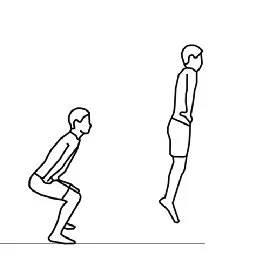
An interesting study was released earlier this month. The aim of the study was to examine the concurrent effects of maturity status and recovery delay after a warm-up on vertical jump performance. The participants were 13 pre-pubertal boys with an average age of 9.4 years and 12 post-pubertal boys with an average age of 16.6 years. Participants performed six sessions whereby the same standardised dynamic warm-up was conducted, followed by a vertical jump test. The vertical jump test was conducted either at 0, 1.5, 3, 5, 7, or 10 minutes after the warm-up. Squat jump height, ground contact time and reactive strength index were the metrics examined from the vertical jump.
There were several noteworthy findings from the study. Firstly, and expectedly, vertical jump performance benefitted from a dynamic warm-up. Secondly and interestingly, performing the vertical jump within three minutes after the completion of the warm-up was optimum. Lastly, there was no significant difference between pre-pubertal and post-pubertal children, implying maturity status had no significant impact on recovery delay after a warm-up. Therefore, performing a vertical jump within three minutes of the warm-up completion is recommended for optimum performance.
Cognitive demands of tennis
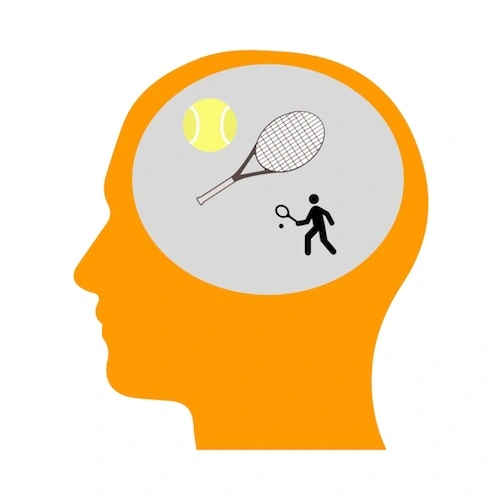
In a recent newsletter, we discussed the gruelling physical demands of a tennis match. While the physical demands are most definitely interesting, the cognitive demands of tennis are often overlooked. However, a recent blog post by Tom Seabury did a fantastic job of highlighting the cognitive demands of tennis.
The blog post details the cognitive skills needed to be a top player. The ability to focus on ball trajectory, anticipate the next shot from picking up opponent cues, make effective decisions under pressure, and manage emotions are just some of the cognitive skills for tennis discussed in the blog post.
Often when the cognitive skills of a sport are discussed it can be complicated and overwhelming especially if skill acquisition is not your area of expertise. This blog post provides key information in a simplified and easy-to-read method! If you are interested in learning more about skill acquisition, why not check out our excellent skill acquisition course (click here).
From us this week:
>> New course: Relative Age Effect
>> New podcast: Why S&C Must Be Integrated Into Physical Education
>> New infographic: Nutrition-Based Strategies To Reduce Exercise-Induced Muscle Damage And Soreness
>> New article: How To Improve The Vertical Jump?
Access to a growing library of sports science courses
SFS Academy is an all-access membership to premium sports science education.
With SFS Academy, you’ll learn from some of the best coaches around the world as they teach you how to apply the latest research and practice with your athletes.
Get instant access when you join today on a 7-day free trial.
I hope you enjoyed this week’s roundup of the hottest sports science news, and as always, we’ll be back next week with more to keep you at the forefront of the industry.
